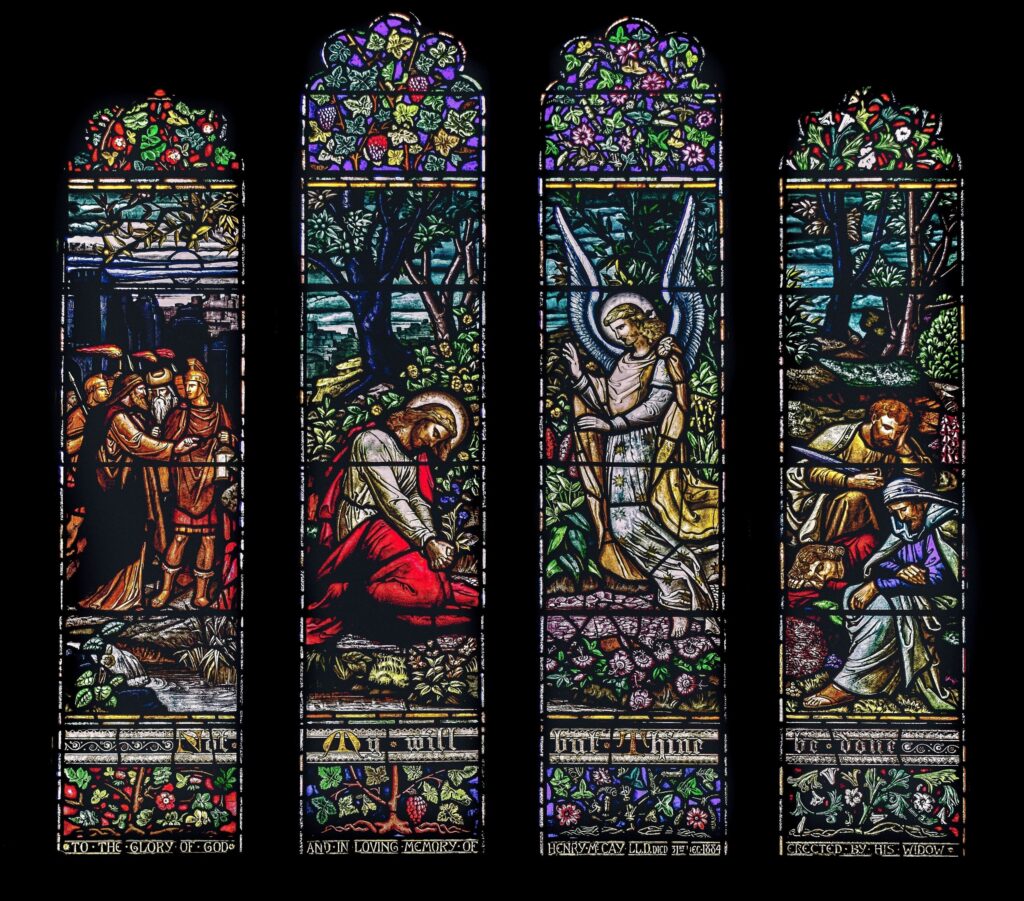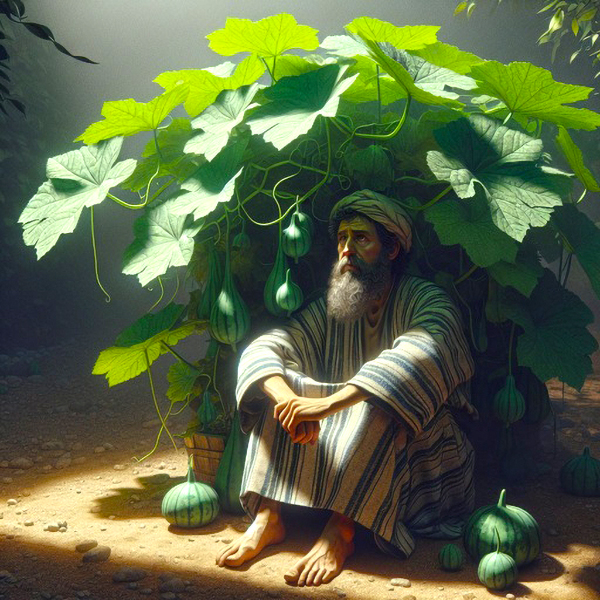
Gabriel Marcel once famously stated, To say to someone ‘I love you’ is to say, ‘you will never be lost’. As Christians, we understand this in terms of our unity inside the Body of Christ. Our love for someone links him or her to us, and since we are part of the Body of Christ, he or she too is linked to the Body of Christ, and to touch Christ is to touch grace. Thanks to the marvels of the Incarnation, every sincere Christian can say, ‘my heaven includes this or that particular person whom I love.’ We used to call this “baptism by desire”, except that in this instance the desire for “baptism” is on our part, but still equally efficacious.
A GPS, limitless in its patience, keeps ‘recalculating’, and keeps giving us a new instruction until we get to our destination. It never gives up on us. God is the same. We have an intended destination and God gives us constant instructions along the way. Religion and the church are an excellent GPS. However, they can be ignored and frequently are. But, God’s response is never one of anger nor of a final impatience. Like a trusted GPS, God is forever saying ‘recalculating’ and giving us new instructions predicated on our failure to accept the previous instruction. Eventually, no matter our number of wrong turns and dead ends, God will get us home.
Ultimately, God is the only game in town, in that no matter how many false roads we take and how many good roads we ignore, we all end up on the one, same, last, final road. All of us: atheists, agnostics, nones, dones, searchers, procrastinators, those who don’t believe in institutionalized religion, the indifferent, the belligerent, the angry, the bitter, and the wounded, end up on the same road heading towards the same destination – death. However, the good news is that this last road, for all of us, the pious and the impious alike, leads to God. [Excerpt from Ron Rolheiser’s “One God, One Guidance System, and One Road for Us All” August 2022]









